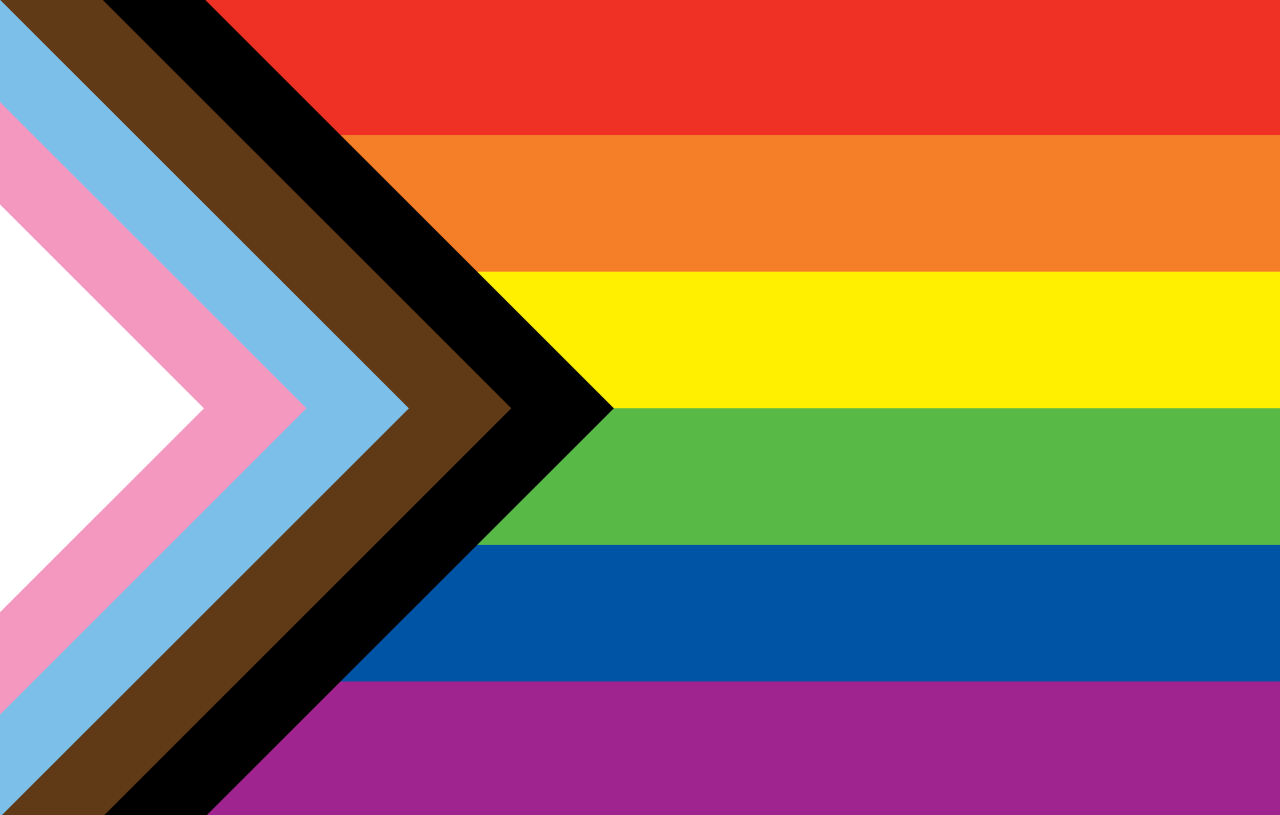
My name is Tapisa Kilabuk. I am the Indigenous Strategy Advisor & Community Liaison at Inn from the Cold. I work with Indigenous families as an advocate and support person throughout their stay at our Emergency Family Shelter, as well in our permanent supportive housing programs Journey House 1 and 2.
I am an Inuk woman, my mom is from Iqaluit, but I have been living in urban centers for 20 years, 10 of those years have been in Alberta.
Like many Indigenous people here in Canada, my family and I have been greatly affected by the Residential School System. My mom was in attendance from Kindergarten to Grade 5, and although many years have passed since she has not been able to recover from her experiences. Throughout my childhood, the negative themes that have stemmed from that experience such as poverty, abuse, and neglect were evident in my home since I could remember. I do not think that is how my mother imagined she would raise her children, but implications from assimilation had proven to go wrong.
The phrase that describes my early childhood is ‘intergenerational trauma’. In its technical definition, intergenerational trauma means, a collective complex trauma inflicted on a group of people who share a specific group identity or affiliation – ethnicity, nationality and religious affiliation. It is the legacy of numerous traumatic events a community experiences over generations and encompasses the psychological and social responses to such events.
I am a person who did not go to residential school but, like so many others, my entire upbringing was affected by that dark place in history. Generations of children brought up without a nurturing family life. Some of us went without basic needs such as food and shelter, physical safety, emotional security, social skills and the lack of developmental ability. These are key elements that influence a person’s ability to function in society in society in healthy ways. Most of us learn those values from a parent or caregiver. Yet, for many Indigenous peoples, generations have gone by without any positive influences or healthy ways to impart to the next generation. If we do not intervene today, future generations will also not have that sense of stability.
We the First Peoples of Canada share a sad history, I want to be honest with my experience as an Indigenous woman and how it affected me. I was not educated on the impacts of Residential Schools until I attended university in 2016. My mother chose to not have an open conversation with me, or perhaps she just didn’t know how, and I had no interest. When everything was exposed, I began to understand the implications on all Indigenous people.
This awareness started my journey as a social worker, a term that isn’t popular among the Indigenous families due to the 60’s scoop. So I like to call myself a Social Justice Warrior, an advocate for system change.
Our mission at the Inn is to end child and family homelessness. An unfortunate statistic is the overrepresentation of Indigenous families staying at our shelter. In 2017, approximately 60% of our guests staying at the Inn were Indigenous.
In response to this trend, we are creating more awareness of the complexity of Indigenous issues within our community. Creating a safe space for inclusivity with appropriate programming, training, staff, and the list can go on.
We are working to understand how our provision of shelter, sanctuary, and healing can assist Indigenous children and their families achieve and sustain independence. We are also adopting reconciliation into our care as a part of the healing journeys of Indigenous families to help end the effects of intergenerational trauma.
Responding to the Truth & Reconciliation Commission Report, as an organization we are working to accommodate the calls to action. We are digging into what it means to experience homelessness through an Indigenous lens. Adopting this idea from the Aboriginal Standing Committee on Housing and Homelessness, Indigenous homelessness is not defined as lacking a structure of habitation; rather, it is more fully described and understood through a composite lens of Indigenous worldviews. These include individuals, families, and communities isolated from their relationships to land, water, place, family, kin, each other, animals, cultures, languages, and identities. Indigenous people experiencing these kinds of homelessness cannot culturally, spiritually, emotionally or physically reconnect with their Indigeneity or lost relationships.
Aboriginal Awareness Week and Indigenous History Month are two ways Canadians can educate themselves on the adversity many Indigenous people have felt and are working to overcome. We cannot break the cycle of intergenerational trauma without all Canadians educating themselves on this country’s history. It is our responsibility to allow ourselves to see the world through another person’s lens, so we become more compassionate, understanding and advocates for change in our society.





